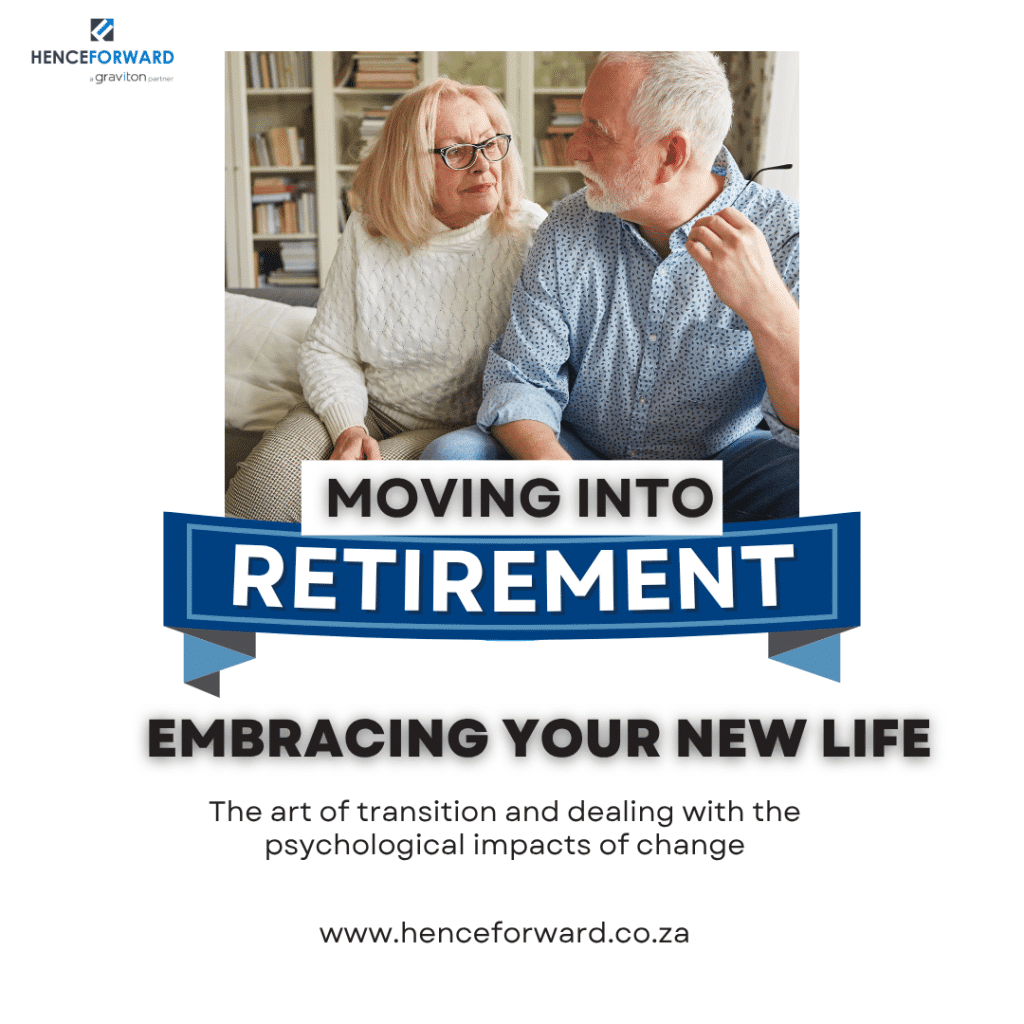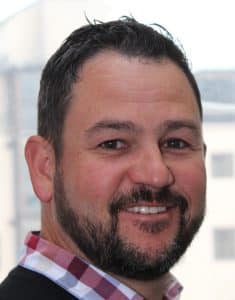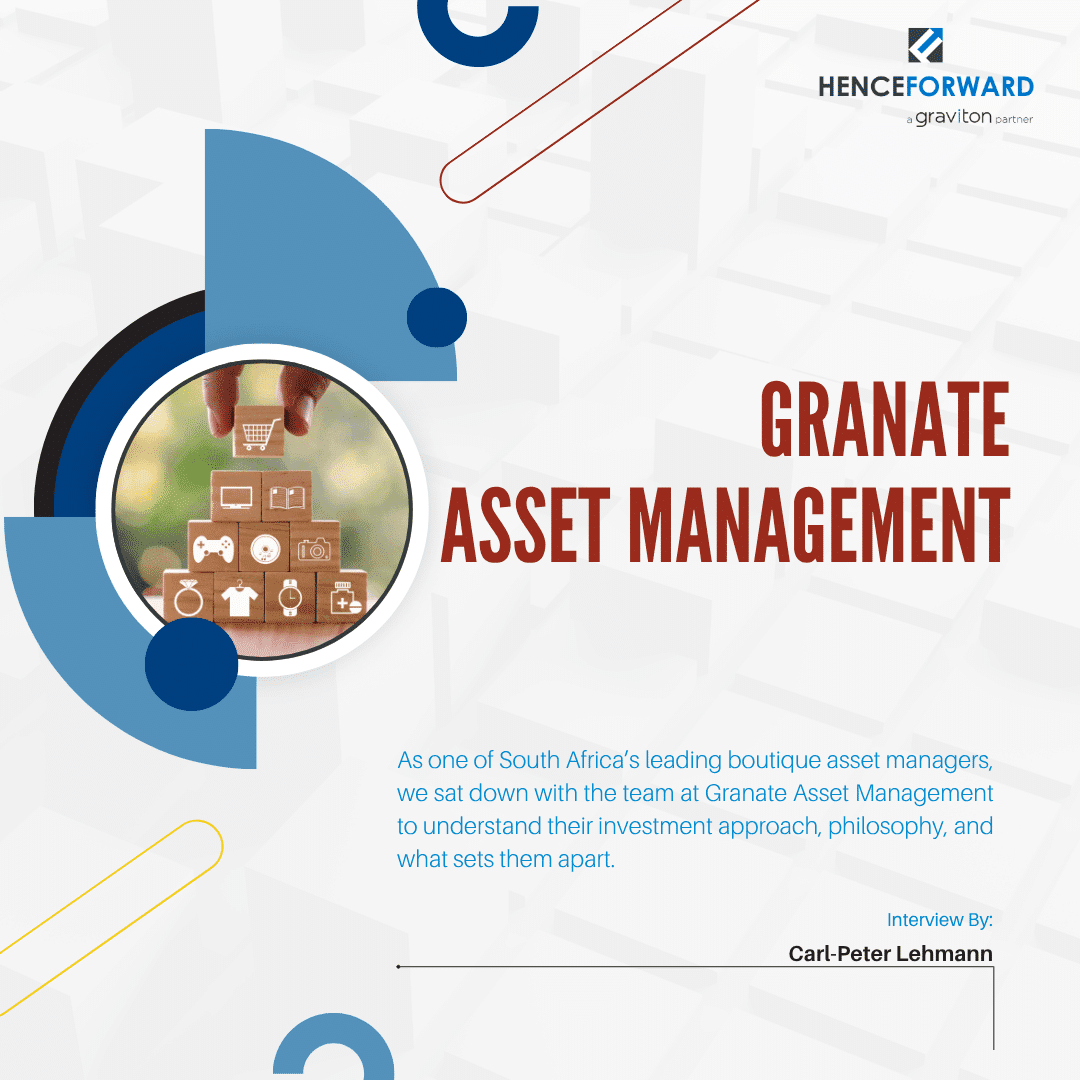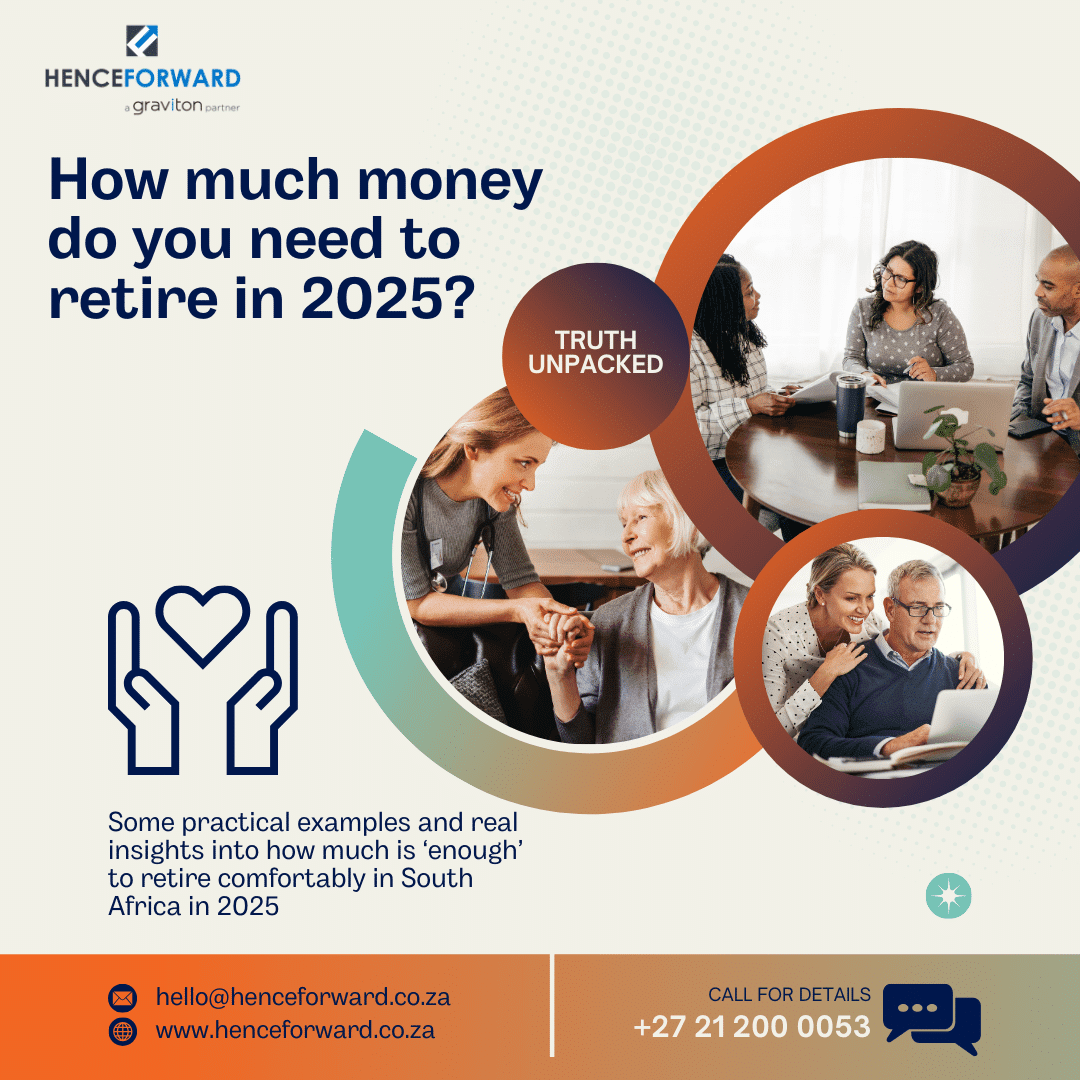Last Updated on 08/07/2025 by Carl-Peter Lehmann
Retirement is often marketed as the ultimate reward after decades of hard work. But for many, it’s not just a financial milestone … it’s a profound personal transition. The move from a structured, purpose-driven life to an open canvas can stir excitement, uncertainty, and even fear. While financial readiness is essential, emotional readiness is equally vital. This is the art of transition: learning to navigate the psychological, emotional, and social shifts that accompany retirement.
In this article, we explore the stages of retirement transition, uncover the often-overlooked aspects of identity and purpose, and provide insight into how holistic financial planning can ease the journey. Whether you’re a few years away or already approaching your final day at work, understanding these phases will help you retire into something, not just from something.

Common Anxieties Around the Retirement Transition
As retirement nears, many individuals experience a mix of excitement and apprehension. Some of the most common concerns include:
- Fear of outliving savings: Will I have enough to last the rest of my life?
- Loss of identity: Who am I without my professional role or career achievements?
- Boredom and lack of routine: How will I fill my days meaningfully?
- Healthcare and aging: What happens if my health deteriorates?
- Impact on relationships: How will retirement affect my marriage, friendships, or family dynamics?
These are all valid concerns. A qualified financial planner can help not just by addressing the numbers but by being a supportive guide through the broader transition. By building flexible, scenario-based financial models, stress-testing income streams, and discussing life goals, planners provide clarity and reassurance. Moreover, planners act as accountability partners in helping clients design routines, redefine purpose, and make confident decisions during a time that can otherwise feel uncertain.
Understanding Transition: Endings, Neutral Zones, and New Beginnings
Every beginning hides an ending, just as every sunrise follows a night. To truly step into something new, we must first let go of what no longer serves us. Endings aren’t failures — they’re thresholds. And what we release creates space for what’s next.
Author and transition expert William Bridges describes life transitions as having three stages: Ending, Neutral Zone, and New Beginning. Retirement fits beautifully into this framework.
- Endings: Retirement begins with letting go of a familiar identity, routine, and status. Even if it’s a positive change, it can bring grief, nostalgia, or anxiety. It’s essential to honour what you are leaving behind.
- Neutral Zone: This is a period of ambiguity, exploration, and sometimes discomfort. It can feel directionless or uncertain, like being “between stories.” Yet, this is also a powerful space for creativity and reinvention. Clients in this phase often describe feeling both excited and disoriented.

This theme also resonates with Jannie Mouton, founder of PSG Group, who famously turned personal adversity into opportunity. In his autobiography And Then They Fired Me, Mouton recounts how he was abruptly dismissed from his own stockbroking firm at the age of 48 – a moment that left him devastated and humiliated. Yet, instead of retreating, he chose reinvention. That transition became the catalyst for founding PSG, which would grow into a prominent financial services business in South Africa. His story is a compelling reminder that endings can become springboards to extraordinary reinvention.
- New Beginnings: Over time, a new rhythm and sense of identity emerge. New routines, goals, and connections form. The key is not to rush this phase – authentic renewal takes time.
One former executive found purpose volunteering at a local food programme, reconnecting with a sense of community and contribution. Another rekindled her passion for painting … something she hadn’t done since her twenties … rediscovering creativity and calm she never had time for during her career. These examples show that the path to new beginnings often involves revisiting old passions or uncovering overlooked callings.
Understanding that retirement is not a one-time switch but a dynamic emotional process helps normalise the ups and downs. This is where compassionate, holistic financial planning intersects with life design.
The Psychology of Change and Decision-Making
Behavioural finance teaches us that money decisions are rarely just about money. They are deeply influenced by our emotions, cognitive biases, past experiences, and even fear of the unknown.
As we approach retirement, our decision-making may be affected by:
- Loss aversion: The fear of losing income or status can delay important choices.
- Status quo bias: Many stay in roles that no longer serve them because change feels risky.
- Present bias: It’s easier to focus on short-term comfort than plan for long-term meaning.
- Identity attachment: Our job title often becomes part of who we are—letting it go feels like losing part of ourselves.
At Henceforward, we help clients recognise these patterns, normalise their feelings, and make decisions aligned with their long-term well-being. By combining practical financial advice with behavioural insight, we empower you to move through the emotional fog and into clarity.
“Good financial planning understands the numbers. Great financial planning understands the human making the decisions.”
“The way you feel about money in retirement is shaped more by certainty than by wealth.”
“Planning isn’t just about what you can afford—it’s about how you want to feel.”
Stage 1: The Anticipation Phase (Pre-Retirement)
In the years leading up to retirement, emotions are often mixed. On one hand, there’s excitement about newfound freedom. On the other, there’s uncertainty: “Will I be okay financially? What will I do with my time? Who will I be without my job title?”
This stage is the perfect time to begin emotional and lifestyle planning alongside financial planning. It’s about more than just investment returns and cash flow forecasts. It’s about envisioning how you’ll spend your days, maintain your social network, and continue growing.
Key Questions:
- What will my daily routine look like?
- What hobbies or interests have I always wanted to pursue?
- Who are the people I want to spend more time with?
Stage 2: The Liberation Phase (The Honeymoon)
The first few months after retirement often feel like a well-earned holiday. There are no meetings, no schedules, and no alarms. This “honeymoon phase” is liberating and joyful. For many, it brings a burst of energy and exploration.
However, like any holiday, this phase is temporary. Eventually, the novelty wears off, and a deeper reality sets in. This is a crucial point in the transition—when retirees begin to seek a more sustainable rhythm and purpose.
Tips for This Stage:
- Allow yourself to enjoy the break. You’ve earned it.
- Travel, rest, and explore new interests without pressure.
- Start experimenting with new routines or part-time engagements.
Stage 3: The Disenchantment Phase (Reality Check)
This stage catches many retirees off guard. The freedom once celebrated can begin to feel like a void. Without a structured day, a sense of purpose, or a clear role, some may begin to feel lost or irrelevant. This is normal, but it’s rarely discussed.
At this stage, questions of identity arise: Who am I if I am not working? For some, this can lead to emotional distress or even depression. Recognising and naming these feelings is the first step toward building a meaningful post-work life.
Supportive Strategies:
- Talk to a coach or therapist to process your emotions.
- Join local interest groups or volunteer programs.
- Reframe retirement not as an end, but as a reinvention.
Stage 4: The Reinvention Phase (Purpose and Rhythm)
This is where the art of transition truly comes alive. Retirees in this stage begin to embrace a new sense of self, one not tied to their profession but aligned with their values, passions, and legacy.
Time becomes a gift. Some discover purpose in mentoring, others in creative pursuits, community work, or family. The important part is that this phase is self-defined. It’s not about what society says retirement should look like, but about what brings you joy and meaning.
Ideas to Explore:
- Create a weekly structure that balances rest and engagement.
- Consider part-time or consultancy work in areas you love.
- Reflect on your legacy: what do you want to be remembered for?
Rethinking Retirement: More Than Money
Most retirement plans focus heavily on financial security. While that’s a non-negotiable foundation, it’s not the whole picture. Emotional, social, and psychological wellbeing are equally important.
At Henceforward, we believe in holistic financial planning—where numbers meet narrative. We help clients retire not just with enough money, but with a renewed sense of direction. After all, what good is financial freedom if you’re emotionally lost?
Ask yourself:
- Have I planned how I’ll use my time, not just my money?
- Who am I investing my time and energy in during this next chapter?
- What role will I play in my family, community, or personal growth journey?
The Role of a Holistic Financial Planner
A planner can do more than calculate drawdown strategies or tax efficiency. A good advisor becomes a sounding board for your hopes, fears, and goals. We walk with you through the stages, helping align your financial plan with your evolving sense of purpose.
For example, some clients find meaning in giving back. Structuring donations or legacy gifts can reduce estate duty while fulfilling philanthropic desires. Others want to relocate or split time between two places—which requires thoughtful cash flow and tax planning.
Holistic advice bridges the gap between spreadsheets and soul.
Try Before You Retire
One of the most practical ways to prepare for retirement is to simulate it. Set aside a week—or even a month—to live as though you’re already retired. Wake without a work schedule, test out the hobbies and routines you envision, and observe how you feel.
- Do you feel energised or restless?
- Do your days feel meaningful, or do you feel unanchored?
- What activities fill your time, and which feel most rewarding?
Treat it as a ‘retirement rehearsal’—you may be surprised at what you discover. It exposes gaps in your plan and helps you refine your post-career vision—emotionally and practically.
Questions Worth Sitting With
Retirement is not only about finances—it’s a mirror to your values, identity, and relationships. Here are some powerful prompts to help you reflect:
- What do I want my retirement to stand for?
- What legacy am I living now—not just leaving?
- What am I excited to begin, and what must I let go of first?
- Who am I when I’m not being productive?
- Where am I finding meaning, and how can I multiply that?
These questions aren’t meant to be answered all at once. They’re invitations—to explore, to slow down, and to step into this transition with intention.
Final Thoughts: Retirement Transition Is a Skill
Just as you’ve built a successful career by mastering skills over time, retirement too is a skill—one that requires patience, curiosity, and reflection. Transitioning well is not about rushing to fill the void but learning to live with intentionality.
The art of transition lies in embracing change, redefining purpose, and finding peace in the space you create for yourself. Retirement isn’t a retreat. It can be your renaissance.
Ready to Begin Your Transition?
If you’re approaching retirement and want to do it with clarity and confidence … and particularly if your investable assets exceed R20 million … we’d love to walk the journey with you. At this level, financial complexity increases, but so do the opportunities to create lasting impact. Let’s explore how to make this next chapter your most intentional and rewarding yet. If you’re ready to take the first step toward retiring with clarity and purpose, we’d be honoured to guide you.
For more insight into how we approach investment strategy, visit our Investment Philosophy page, or explore how we work with Family Office clients. You might also find value in our Retirement Planning Guide and articles like Life After Work: What Are You Retiring Into?, which speak directly to the emotional and strategic preparation needed for this transition.
Frequently Asked Questions
-
1. What are the emotional stages of retirement?
Retirement typically unfolds in four phases: Anticipation, Liberation, Disenchantment, and Reinvention. Understanding these emotional stages can help you prepare psychologically, not just financially.
-
2. How can I prepare emotionally for retirement?
Start by acknowledging that it’s a major life change. Reflect on your purpose, relationships, and daily structure. A financial planner with behavioural insight can guide you through this journey.
-
3. Is R20 million enough to retire in South Africa?
It depends on your lifestyle, goals, and timeframe. For many high-net-worth individuals, R20 million provides a solid foundation—if structured correctly to align with your values and life goals. For a comparative perspective, you can read our article on retiring with R5 million in South Africa.
-
4. What does a holistic retirement plan include?
A true holistic plan includes more than finances. It considers your emotional readiness, identity shifts, life purpose, legacy, and how your money can support a fulfilling life.

Steven Hall
Steven is a CERTIFIED FINANCIAL PLANNER® and Director at Henceforward, with over two decades of experience guiding clients through complex life and wealth transitions. His passion lies in helping individuals and families move beyond numbers—into clarity, confidence, and purpose. Drawing on principles of behavioural coaching and emotional insight, Steven specialises in retirement transition planning that considers not only financial readiness, but identity, relationships, and meaning. He believes the most powerful plans are the ones that align your money with your values—because retiring well isn’t just about having enough, but knowing what you’re retiring into.





